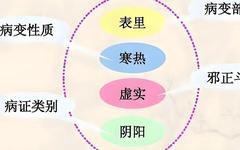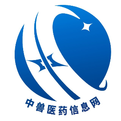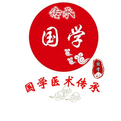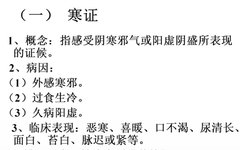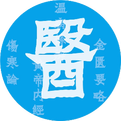ZDAY150: Fundamentals of TCM Diagnosis (Thirteen) Differentiation (Two) Eight Principles Differentiation (Two) Clinical Manifestations, Interrelationships, and Key Points for Differentiating Deficiency and Excess, Yin and Yang
Deficiency and excess differentiation is a framework for analyzing and distinguishing the rise and fall of pathogenic and righteous qi, while yin and yang serve as the overarching principle of the eight principles differentiation, encompassing the other six aspects. Key Points:(3) Clinical Manifestations, Interrelationships, and Key Points for Differentiating Deficiency and Excess1. Clinical Manifestations and … Read more


